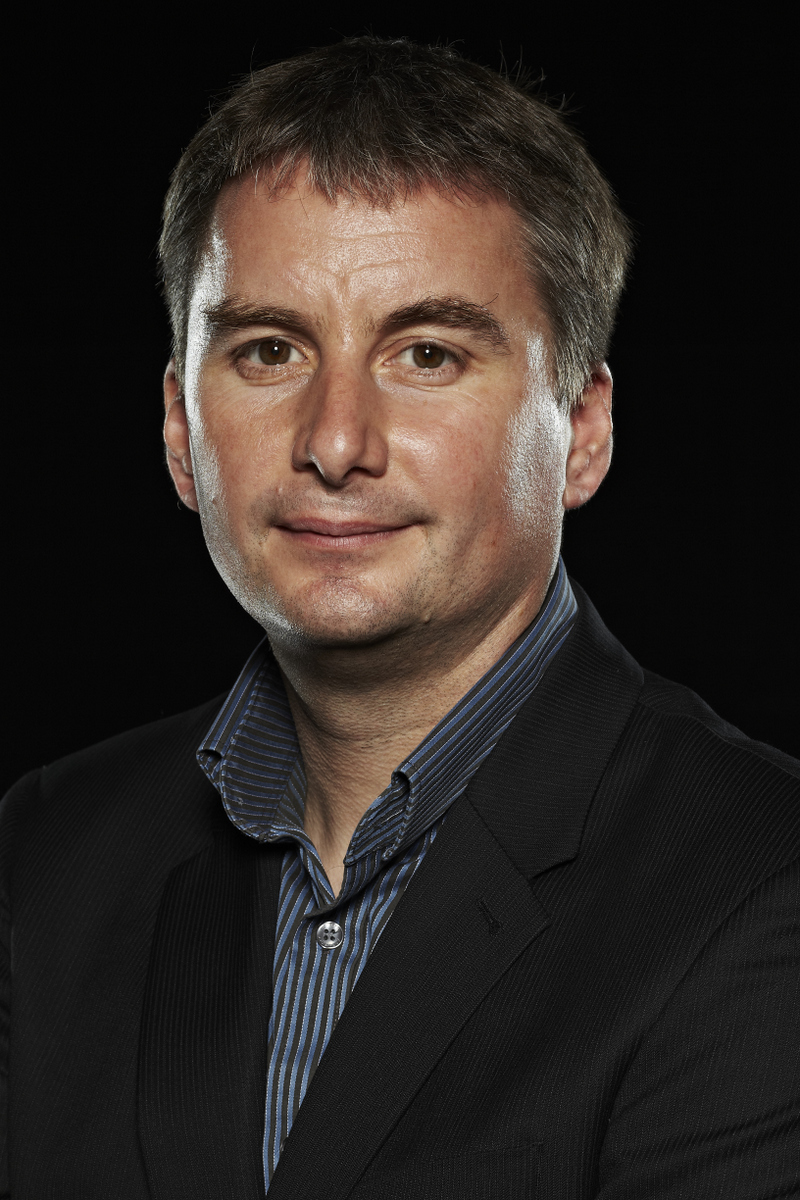Peter Keen highlights seriousness of British Cycling and Team Sky allegations
Former British Cycling performance director raised concerns of blurred lines from Team Sky's beginnings





Peter Keen, the former British Cycling performance director who revolutionised the country's cycling programmes and helped to steer it onto the path of Olympic domination, has highlighted the seriousness of the current investigations into the organisation and Team Sky, brought about in part by Russian hackers who publicised the use of Therapeutic Use Exemptions by riders such as Bradley Wiggins.
Tour de France winners Froome and Wiggins named in confirmed 'Fancy Bear' WADA hack
Bradley Wiggins, Team Sky and the TUE process - Podcast
UK Anti-Doping 'swoop' into British Cycling
Dr. Freeman to skip Road Worlds due to investigation of wrong doing at Team Sky and British Cycling
Brailsford refuses to clarify contents of Team Sky's medical package
Speaking to BBC 5 Live, Keen said he fears that recent controversies will cause "collateral damage" and detract from the extraordinary performances of riders such as six-time Olympic gold medalist Jason Kenny or Dame Sarah Storey.
"I have never sensed anything about them that says that what he have seen isn't the absolute real deal. Where there is confusion and doubt about a very high-level of performance within a sport, and linked to a programming they are a part of, that's my greatest fear. That whatever was right or wrong about the very specific situation that's led to this focussed discussion, that the wider achievements of people like that would be overlooked.
"That would an absolute tragedy. For me, if I can't believe in what they've achieved and how they've achieved it, I can't believe in high performance sport. I simply cannot see any evidence that suggests that culturally there is anything to fear around how British Cycling has operated or how those people have achieved."
Keen had left British Cycling by the time that Team Sky was formed, but he said he saw the risks of so closely associating a professional cycling team with the national federation.
Read more on this article
- UK Anti-Doping 'swoop' into British Cycling
- Wiggins and Team Sky under fresh scrutiny over medical package delivery
- Dr. Freeman to skip Road Worlds due to investigation of wrong doing at Team Sky and British Cycling
- Cope: I don't know what was in the package for Team Sky
"I've always been of the view that they're fundamentally different things," Keen said in the interview of the closeness between Team Sky and British Cycling. "Pro road racing has very little connection with the programmes of athlete development and national representation that is at the heart of British Cycling's mission, and always have been. Professional men's road cycling is an international business, and the teams do not represent, in any meaningful way, nations.
The latest race content, interviews, features, reviews and expert buying guides, direct to your inbox!
"The risk around the way Team Sky was formed and presented was inevitability to blur that very clear distinction to me. There was a point of graduation from being an emerging nationally supported rider ... and being contracted to a professional team which I thought was a healthy boundary to respect and understand. That was blurred by the creation of Team Sky.
"It was an interesting experiment. There were clearly some profound upsides to British Cycling in terms of the more complete support of the brand of Sky, and some extraordinary dreams and memories created by what the team and the individuals within it have achieved. I don't think we should lose sight of that."
"But it has been at a cost, which is about the blurring of roles and responsibilities, something that has been a concern to a number of stakeholders, including myself, from the outset. That's not to say it was absolutely wrong from the outset, but i think it was a risk and I think some of those risks are being laid bare by what is emerging."
Individuals working for Team Sky and British Cycling
Keen also answered questioned on the issue of individuals working for Team Sky and British Cycling simultaneously, suggesting that "clear boundary lines is a very important step" following on from the runaway success of Sky and British Cycling.
"There are massive problems with that," Keen said. "There is a lot of positives about keeping that distinction, certainly from a rider development point of view, when you're working within a nationally-funded organisation. When you turn professional, and your contract is to deliver a service to a service to a completely separate organisation, which has different goals and aspirations and actually works in a different cultural environment - it does blur the boundaries, and I think It has created tensions within the sport. There have been some significant upsides and significant downsides too."
Keen added that he believes a Deloitte report that looked into the relationship between Team Sky and British Cycling "now being reviewed and looked at".
The BBC Live programme reported that British Cycling chief executive Ian Drake would be stepping down from his role, and was singled out by Keen for his contribution to British sport since the mid-1990s, and in particular the success of cycling in Britain. Keen added the caveat that Drake's time in charge was not always rosy.
"I happen to think Ian Drake is an outstanding individual. I've known him for 20 years, and I actually was the person who brought him into British Cycling to work with me around Junior Development. He's one of the greatest minds in sports development I've ever worked with. He absolutely gets grass root sport and how you grow and develop it," said Keen.
"He's done an outstanding job in my view. Undoubtedly through his leadership mistakes were made, and they're uncomfortable ones, and I know it hurts Ian when they're raised. Do they reflect a whole series of things that were done with good intention - that perhaps weren't thought through and weren't managed as best as they could have been - arising from extraordinary levels of achievement, success and growth. Because it was all moving so quickly. The results have been extraordinary, but some of the underlying processes and mechanisms were clearly not fit for purpose. And that's painful to sit here and have to acknowledge, because I was part of the journey, in a sense, that led to that."
Lessons to be learned
When asked of the lessons to be learned from the latest month, Keen explained that he believes greater understanding of medicine in sport is vital and an important steeping stone for the future.
"For me, one of the biggest lessons is what is the role of sports medicine, where does it sit, and what are the organisations best placed to employ sports physicians," said Keen. "My view is, not governing bodies or professional teams. They probably are going to be able to do a better job of making judgement of where there fine lines are if they're accountable to their peers of their hospital or specialist institute environments. It's one of the more important discussions that needs to come out of what has emerged, particularly around the use of TUEs and what is in that now-described 'grey area' of Rx medicines.
Keen added that while Team Sky's zero tolerance to doping is a "very appealing proposition", the reality is a different story and had creates several headaches for the team since its 2010 inception.
"When you're emerging from a part of a storyline in the sport that's been so dark, I get that. But the reality of operating and living by that, and the degree of scrutiny you place yourself under, I suspect is far harder than it might seem when you venture out."
"The first to attempt to do something in such an overt way, and to make such a bold statement, and to then try to live by it, has proved to be a slightly naive approach," Keen added.
"All the key protagonists must realise they're setting precedent with every move. Not just Bradley Wiggins and Dave Brailsford and Team Sky, but UKAD - all the main players are sitting and thinking the stakes are incredibly high now. Whatever we do next establishes precedent that will trigger further scrutiny until we get to the end of where this takes us."
